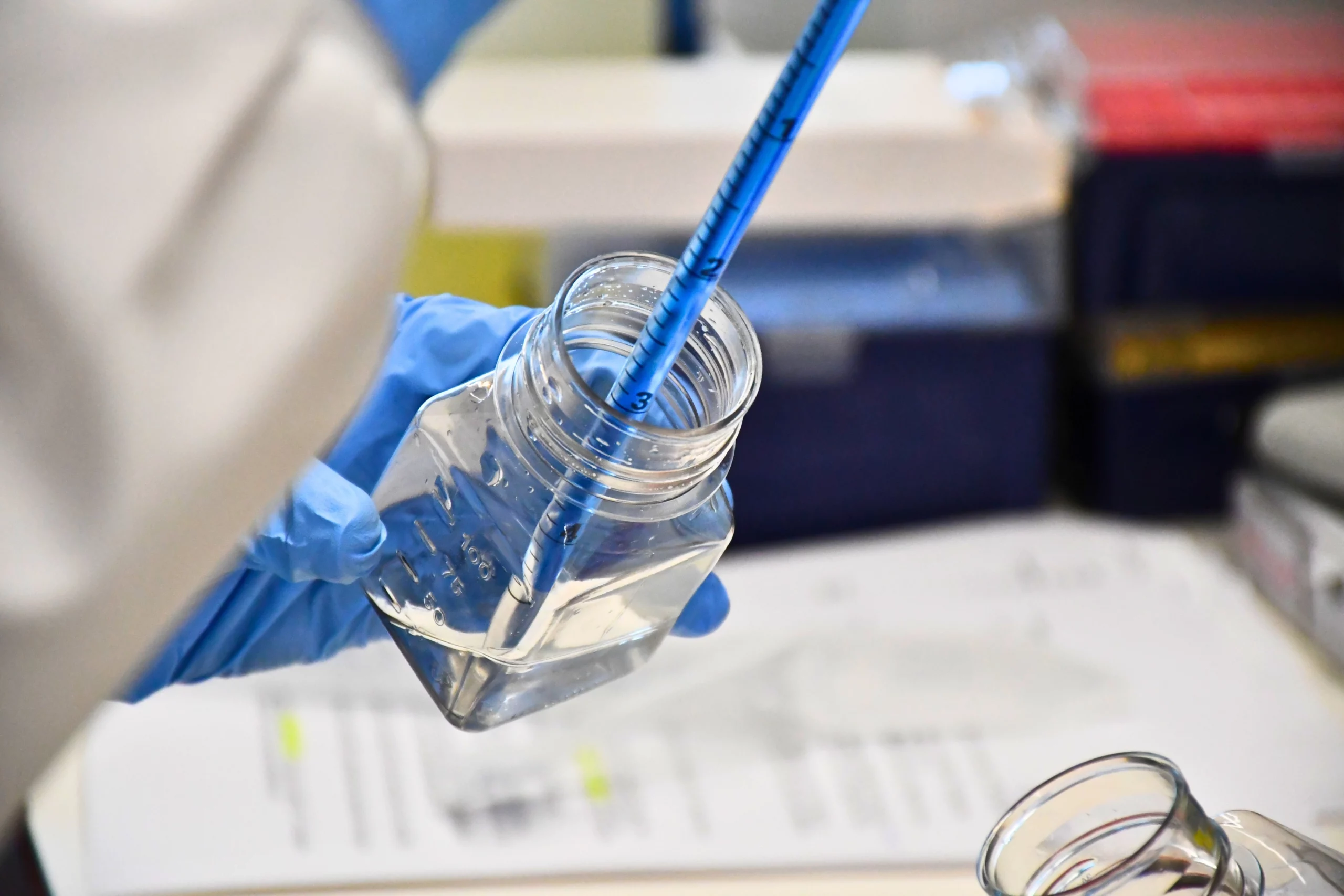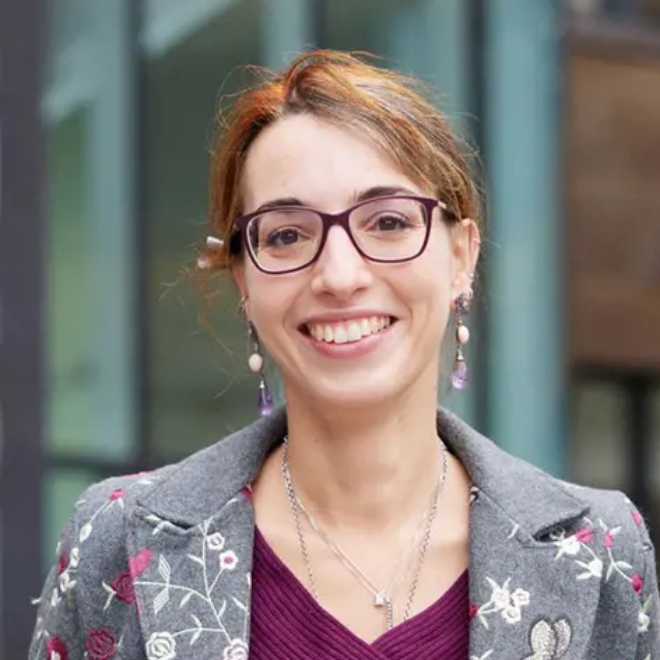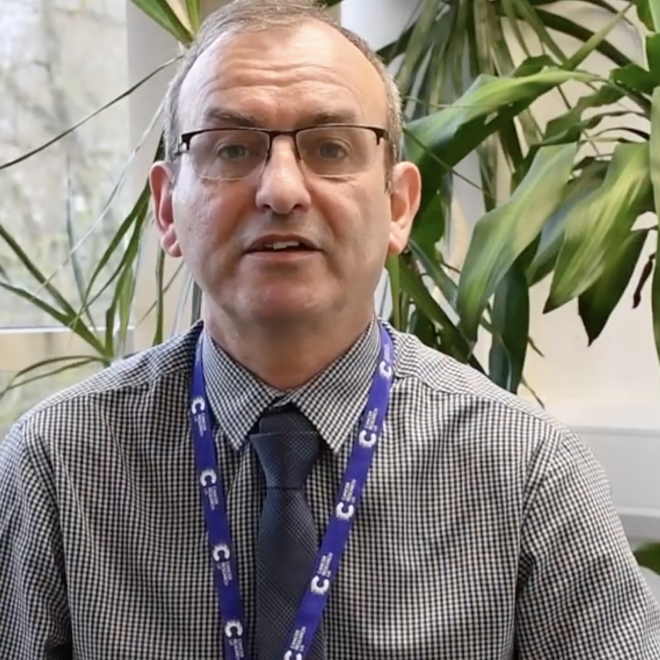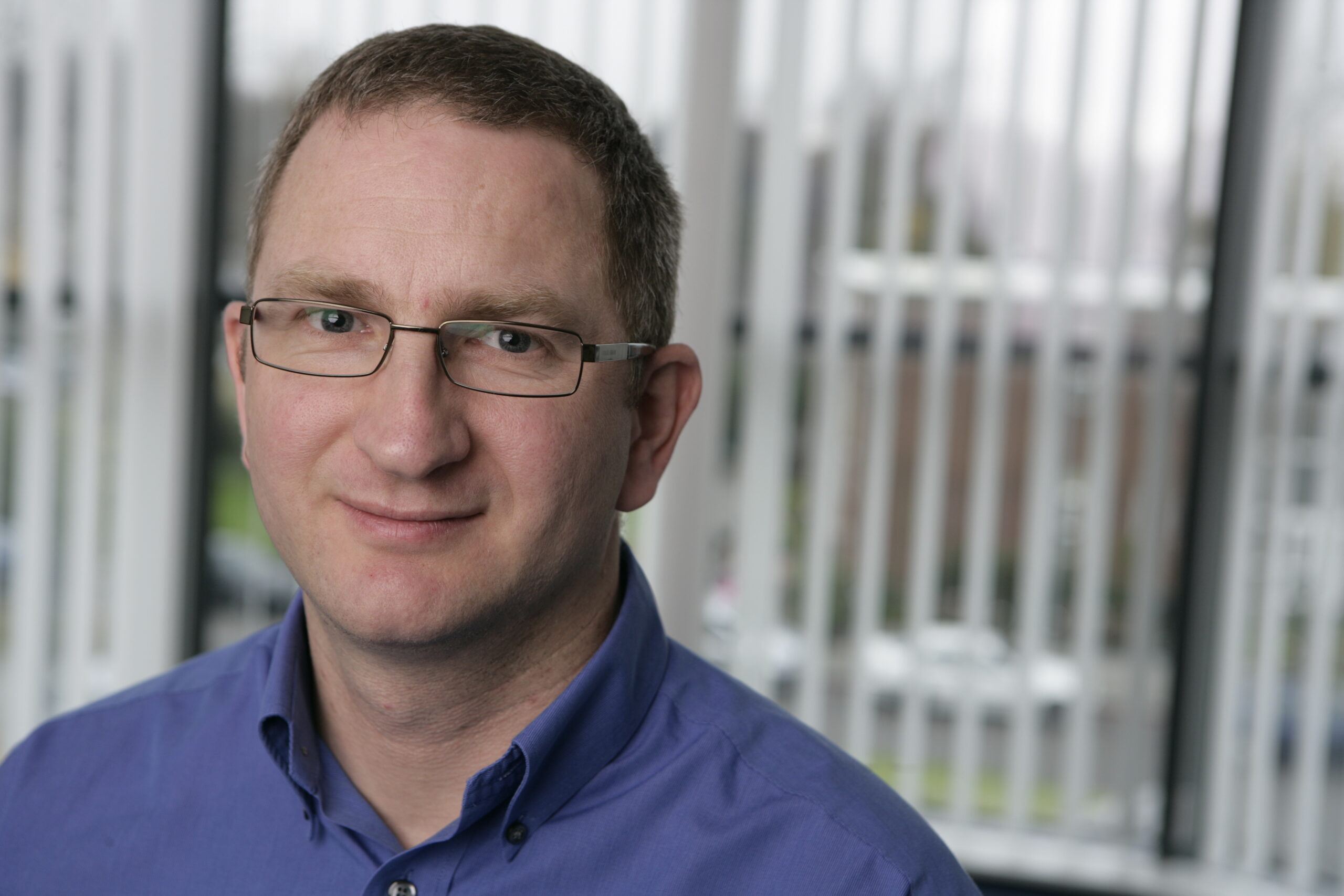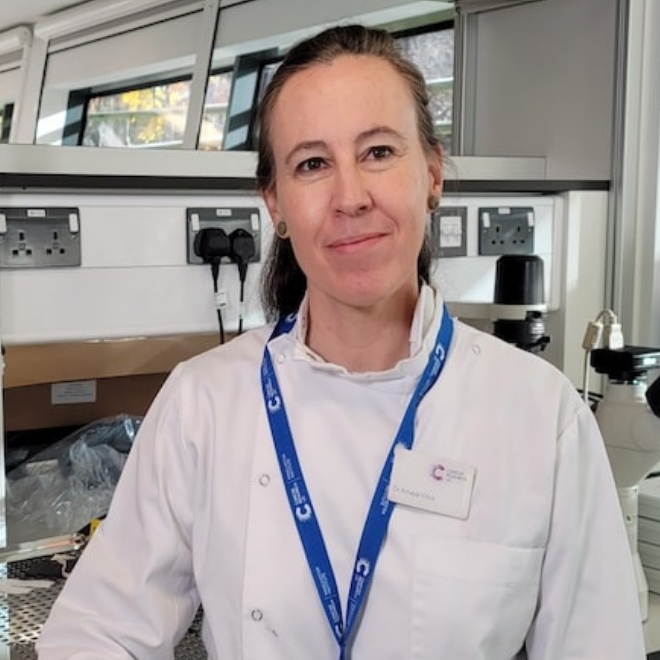Our Seminar Series - Upcoming & Historic
The CRUK Manchester Institute seminar series engages world-class researchers across the broad spectrum of cancer research and runs alongside a series of themed seminar programmes in the MCRC, The Christie and across the University of Manchester.
Our Seminar Series - Upcoming & Historic
The CRUK Manchester Institute seminar series engages world-class researchers across the broad spectrum of cancer research and runs alongside a series of themed seminar programmes in the MCRC, The Christie and across the University of Manchester.
Oglesby Lecture Theatre
Stefan Knapp
24th June 2025. 14:00
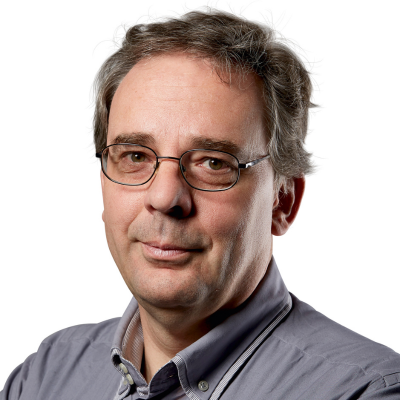
Prof Stefan Knapp studied Chemistry at the University of Marburg (Germany) and at the University of Illinois (USA). He did his PhD in protein crystallography at the Karolinska Institute in Stockholm (Sweden) (1996) and continued his career at the Karolinska Institute as a postdoctoral scientist (1996-1999). In 1999, he joined the Pharmacia Corporation as a principal research scientist in structural biology and biophysics. He left the company in 2004 to set up a research group at the Structural Genomics Consortium at Oxford University (SGC). From 2008 to 2015 he was a Professor of Structural Biology at the Nuffield Department of Clinical Medicine (NDM) at Oxford University (UK) and between 2012 and 2015 he was the Director for Chemical Biology at the Target Discovery Institute (TDI). He joined Frankfurt University (Germany) in 2015 as a Professor of Pharmaceutical Chemistry and the Buchmann Institute of Molecular Life Sciences. He remains associated to the SGC as a visiting Professor at Oxford and he is also adjunct Professor of the George Washington University. Since 2017 he is the CSO of the newly founded SGC node at the Goethe-University Frankfurt. His research interests are the rational design of selective inhibitors that target protein kinases as well as protein interactions modules that function as reader domains of the epigenetic code.
Host: Georges Lacaud
Speaker: Stefan Knapp
Oglesby Lecture Theatre
Mikaël Pittet
1st July 2025. 14:00
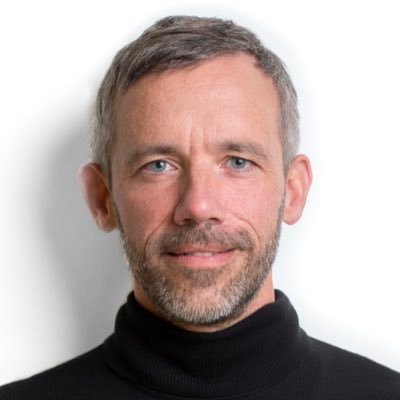
Mikael Pittet completed his PhD thesis in Immunology at the Ludwig Institute for Cancer Research and graduated from the University of Lausanne in 2001. He pursued his research at Massachusetts General Hospital, Harvard Medical School and Dana-Farber Cancer Institute, in Boston, United States, where he was named Samana Cay MGH Research Scholar in 2015, Director of the Center for Systems Biology Cancer Immunology Program in 2016, and full Professor at Harvard Medical School in 2019. He joined the Faculty of Medicine at UNIGE in 2020where he is appointed Full Professor in the Department of Pathology and Immunology, holding the ISREC Foundation Chair in Onco-Immunology. He is also a member of the Translational Research Centre in Onco-haematology of UNIGE Faculty of Medicine, and a consultant in the Department of Oncology of the University Hospitals of Geneva (HUG). His research laboratory is physically located in Lausanne in the Agora Cancer Research Center, which assembles interdisciplinary research groups to translate advances in cancer research to the clinic. His research focuses on uncovering how the immune system controls cancer and other diseases, and how it can be harnessed for therapy. Pittet’s work has identified how cancers are regulated by various immune cells, including cytotoxic T cells, regulatory T cells, macrophages, monocytes, neutrophils, and dendritic cells. These cells are considered as drug targets in cancer immunotherapy.
Host: Santiago Zelenay
Speaker: Mikaël Pittet
Our Research
Our research spans the whole spectrum of cancer research from cell biology through to translational and clinical studies
Research Groups
Our research groups study many fundamental questions of cancer biology and treatment
Our Facilities
The Institute has outstanding core facilities that offer cutting edge instruments and tailored services from expert staff
Latest News & Updates
Find out all our latest news
Careers that have a lasting impact on cancer research and patient care
We are always on the lookout for talented and motivated people to join us. Whether your background is in biological or chemical sciences, mathematics or finance, computer science or logistics, use the links below to see roles across the Institute in our core facilities, operations teams, research groups, and studentships within our exceptional graduate programme.






